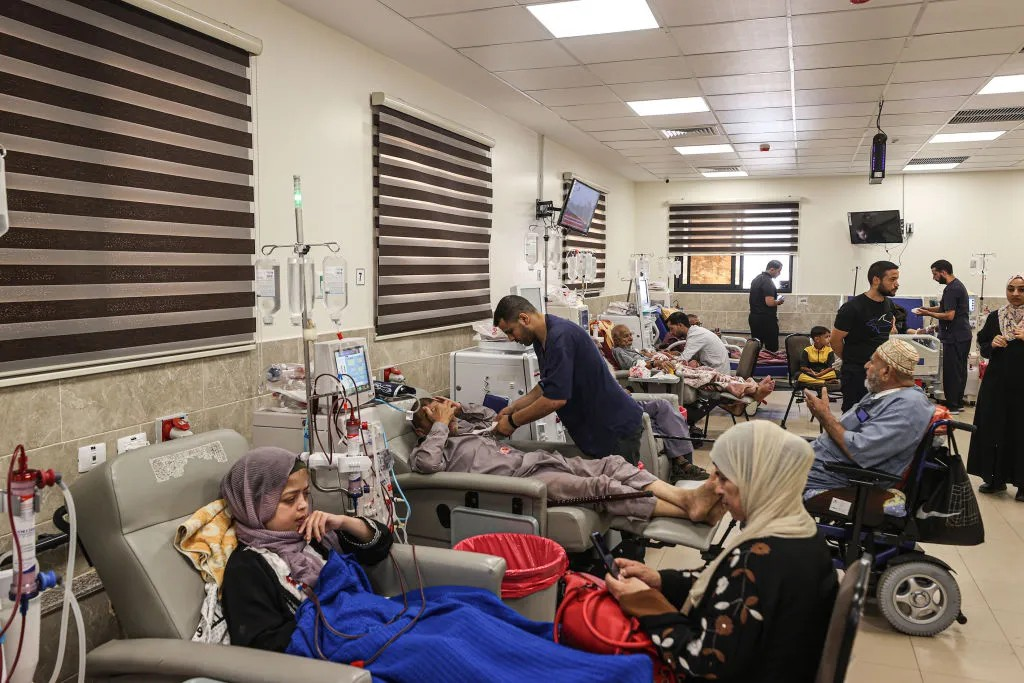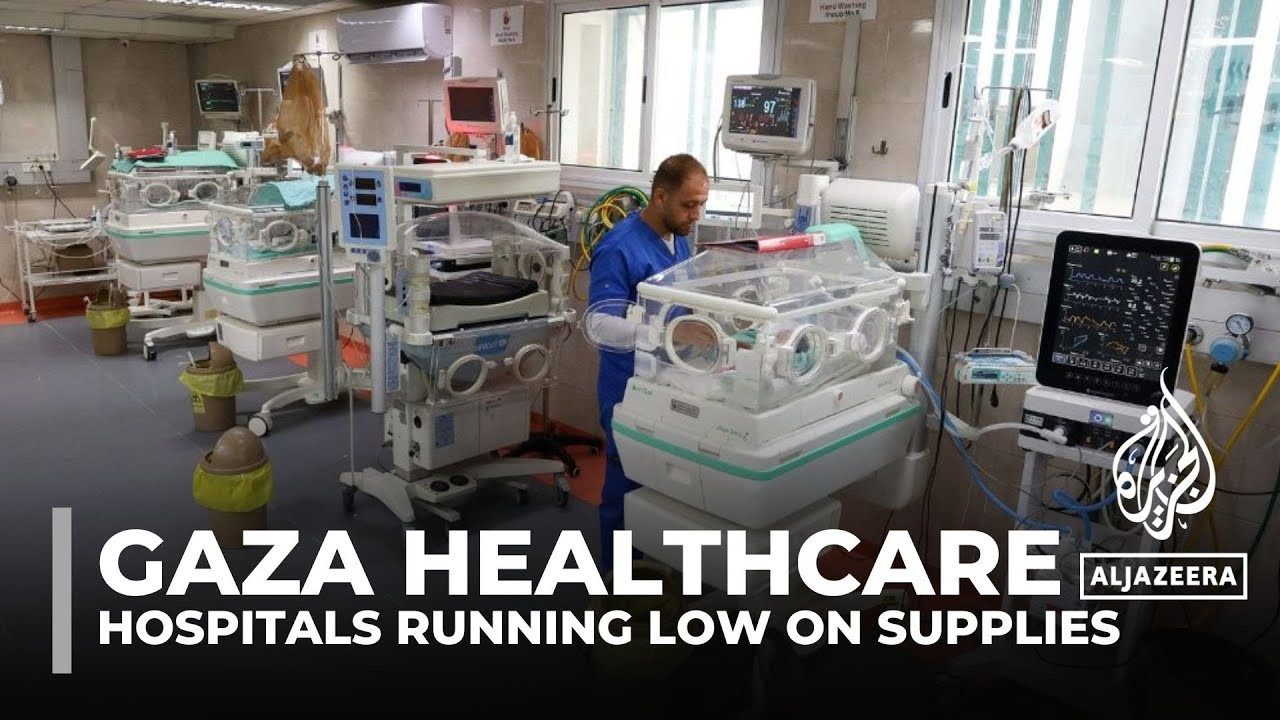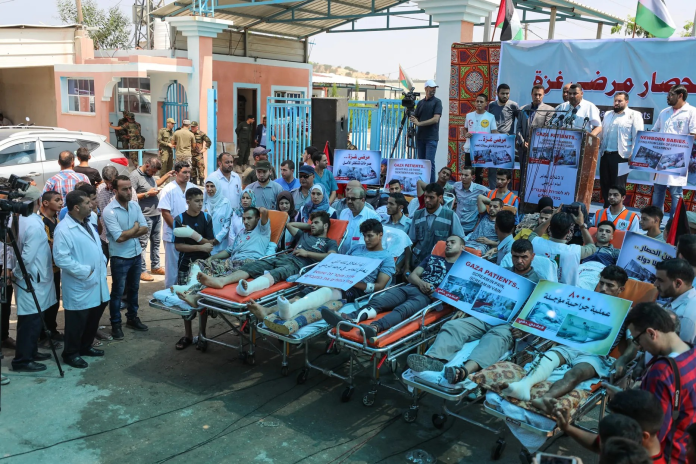Facebook Twitter (X) Instagram
The healthcare system in Gaza has long faced immense challenges exacerbated by conflict, limited resources, and geopolitical tensions. Recent escalations have further strained an already fragile infrastructure, leaving healthcare providers struggling to meet the critical needs of a population enduring prolonged humanitarian crises.
Historical Context and Persistent Challenges
Gaza, a densely populated enclave, has grappled with decades of political instability and conflict, severely impacting healthcare access and delivery. The blockade imposed since 2007 has restricted the movement of people and goods, including essential medical supplies, exacerbating health disparities and hindering infrastructure development.
Impact of Overwhelmed Healthcare Systems in Gaza
Recent escalations in violence and military operations have inflicted widespread destruction, displacing thousands and overwhelming healthcare facilities already operating beyond capacity. Hospitals and clinics have been damaged or destroyed, while medical staff work tirelessly under extreme conditions to treat casualties and provide emergency care amid shortages of supplies and equipment.
Humanitarian Crisis and Public Health Concerns
The humanitarian crisis in Gaza is compounded by inadequate access to clean water, sanitation facilities, and electricity, further exacerbating health risks and increasing vulnerability to communicable diseases. Chronic shortages of medications, vaccines, and medical equipment undermine efforts to manage chronic diseases and respond effectively to health emergencies.

Challenges Faced by Healthcare Workers
Healthcare workers in Gaza face extraordinary challenges, including personal safety risks, psychological trauma, and burnout due to prolonged exposure to conflict-related trauma and overwhelming caseloads. Despite these adversities, frontline medical staff demonstrate resilience and dedication in providing essential healthcare services to those in need.
International Aid and Support in Gaza
International humanitarian agencies and non-governmental organizations (NGOs) play a crucial role in providing emergency medical assistance, healthcare supplies, and capacity-building support to Gaza’s healthcare system. Coordination efforts aim to strengthen healthcare infrastructure, enhance medical training, and improve access to essential healthcare services amidst ongoing humanitarian crises.
Call for Sustainable Solutions and Peaceful Resolution
Addressing the healthcare crisis in Gaza requires sustainable solutions that prioritize humanitarian aid, respect for international humanitarian law, and efforts towards lasting peace and stability. International diplomatic efforts must aim to alleviate suffering, facilitate humanitarian access, and promote dialogue towards resolving underlying political tensions that perpetuate cycles of conflict and humanitarian emergencies.

The overwhelmed healthcare systems in Gaza reflect the profound humanitarian challenges facing the Palestinian population amidst ongoing conflict and geopolitical instability. Urgent international support, advocacy for human rights, and concerted efforts towards peaceful resolution are essential to alleviate suffering, rebuild healthcare infrastructure, and ensure equitable access to healthcare services for all residents of Gaza.
Read more:

